Japan started releasing nuclear-contaminated water from the crippled Fukushima Daiichi Nuclear Power Plant into the Pacific Ocean on Thursday, in the second round of the exercise, amid widespread protests.
Despite mounting concerns and opposition among people in Japan and other countries, the discharge commenced at around 10:30 am local time, according to the Tokyo Electric Power Company, the plant's operator.
TEPCO said it plans to discharge 7,800 metric tons of so-called treated water over the next 17 days. Roughly the same amount of nuclear-contaminated water was discharged during the first round of the process that ended on Sept 11.
The ocean discharges have faced a severe backlash both at home and abroad.
"The Japanese government and TEPCO should immediately cease this ocean discharge and seriously consider alternative options. Alternatives such as mortar solidification are indeed viable," said Kenichi Oshima, a policy science professor at Ryukoku University and chairman of the Citizens' Commission on Nuclear Energy, in a written interview with China Daily.
Dozens of Japanese people held a rally in front of the TEPCO headquarters in Tokyo on Wednesday, urging the company to stop releasing the toxic water.
"Disposing of water that has come into contact with melted fuel, which was never anticipated, goes against various methods and there is no way to prove its safety," said Hisataka Yamasaki, a board member of the nongovernmental organization No Nukes Plaza Tokyo.
Motoo Tomizuka, another member of No Nukes Plaza Tokyo, said: "Various health problems have occurred due to the radiation from Fukushima, and the number of affected people is increasing. The Japanese government is doing something terrible. It's outrageous."
Last month, a group of 151 people in Japan, including fishery workers in Fukushima, filed a lawsuit against the Japanese government and TEPCO to call for a halt to the ocean discharge.
The plaintiffs claimed that the ocean discharge violates their fishing rights and threatens the rights of consumers to live peacefully. They are also seeking nullification of the nuclear regulators' approval of facilities installed for the water discharge and a ban on the release.
In Seoul, a group of South Korean activists held a news conference on Thursday near the Japanese embassy, condemning the dumping and urging the Japanese government to immediately stop the "nuclear terrorism crimes against humanity".
They said in a statement that the Japanese government is untrustworthy as the first round of the release has already caused trouble in the ocean, noting that the discharge is planned to continue for over 30 years.
On Wednesday, Russian Foreign Ministry spokeswoman Maria Zakharova criticized Japan over its lack of transparency and failure to provide full access to information regarding the water release.
At the General Conference of the International Atomic Energy Agency held in late September, Vice-Chairman of the China Atomic Energy Authority Liu Jing said the discharge from Fukushima is a major nuclear safety issue, as it is an unprecedented artificial release of contaminated water from nuclear accidents into the sea.
There is a lot of uncertainty about the cumulative effect of the release of large quantities of radionuclides into the sea, said the Chinese nuclear official, noting that Japan has failed to give a credible and scientific response to the international outcry.
Doubts and concerns were further fueled after Japan's environment ministry reported last month that potentially radioactive iron scraps from a demolition site near the crippled power plant were stolen and illegally sold by construction workers.
Meanwhile in Malaysia, environmentalist and business groups have opposed Japan's latest dumping, warning that such a move will harm the marine environment and human health over the long term.
Following the release of the toxic water on Aug 24, Malaysia announced that it would closely inspect all high-risk food products from Japan.
Protests were held in many cities of the country. Speaking to the Malaysian daily The Star, protester David Kong Hon Kong said: "Everyone should unequivocally protest the release of nuclear-contaminated water into the ocean to protect the world from another crisis."
Sophine Tann, vice-president of the Association for the Protection of Natural Heritage of Malaysia, said that over time, entire oceans and seas of the world would be affected as ocean currents can spread the water's contaminants and toxins.
"I am against (the dumping) unless the Japanese government and authorities can give us a more concrete answer than what they have provided. For example, let the Japanese people use and drink the treated water for a year and then see what the effects could be," Tann said.










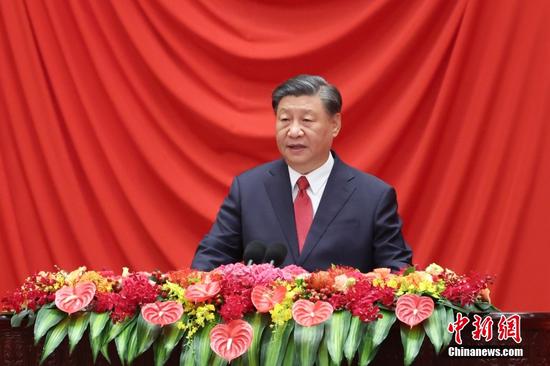
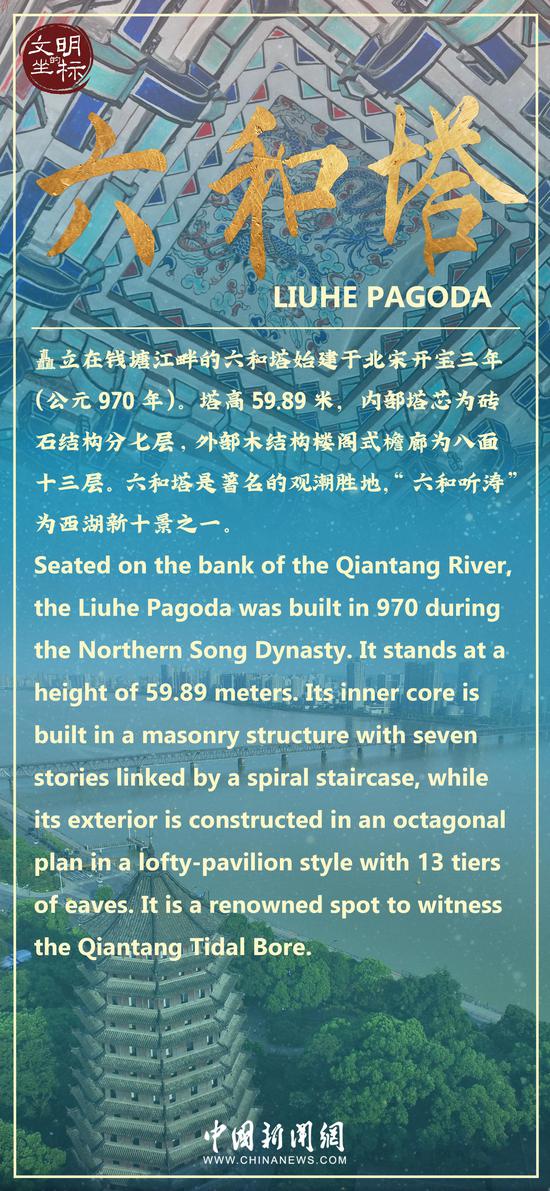
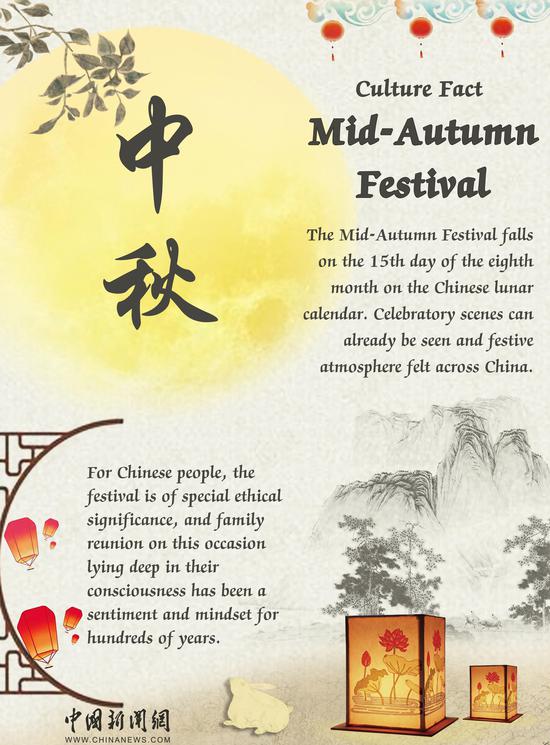
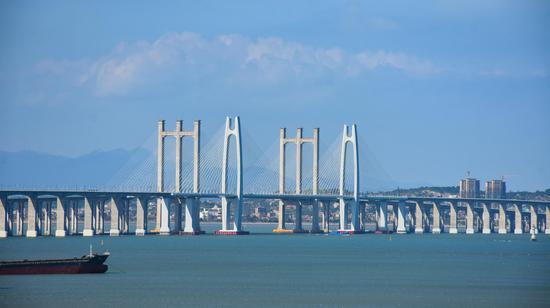
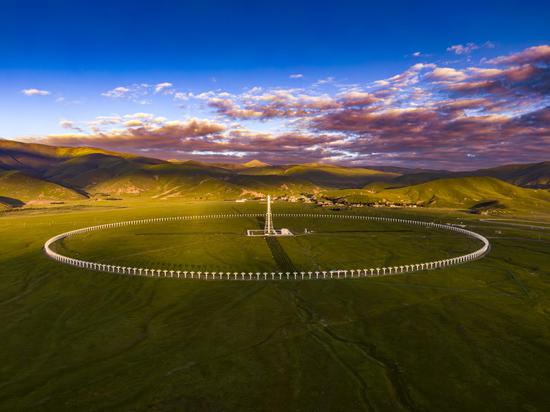
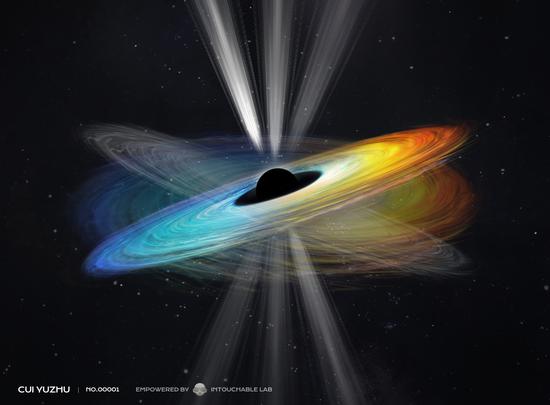
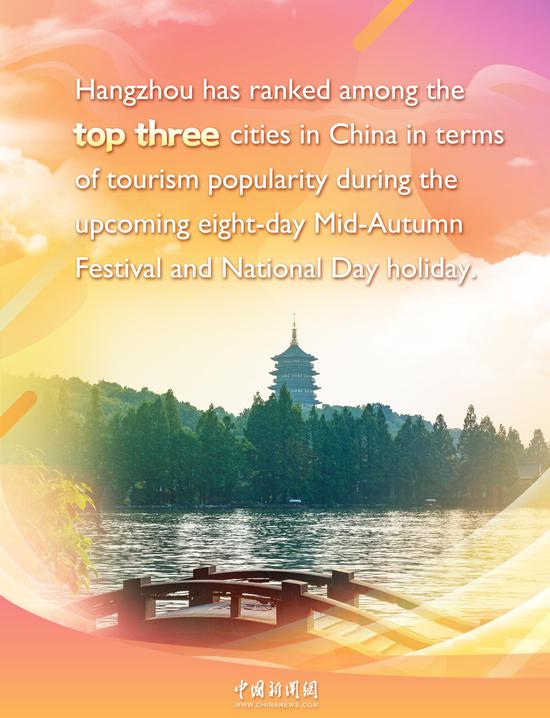
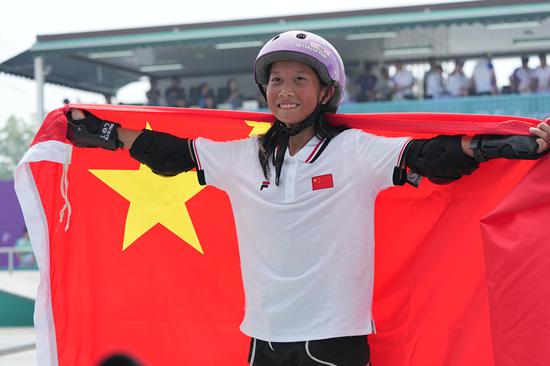
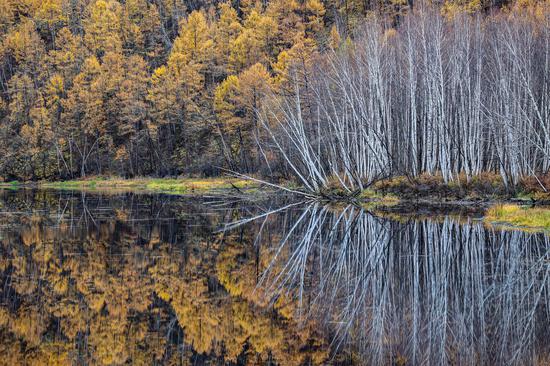
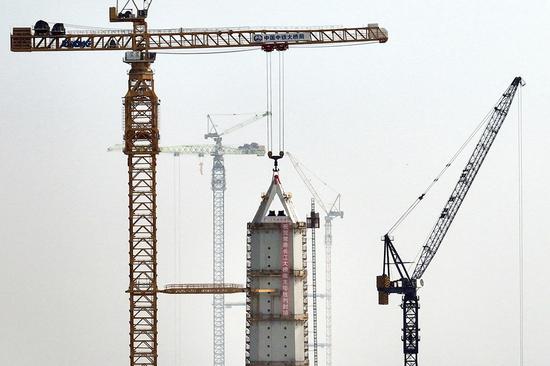

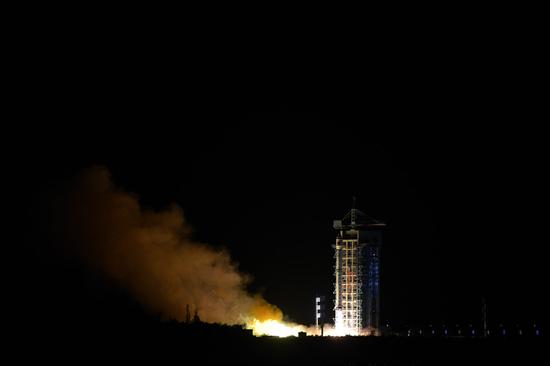
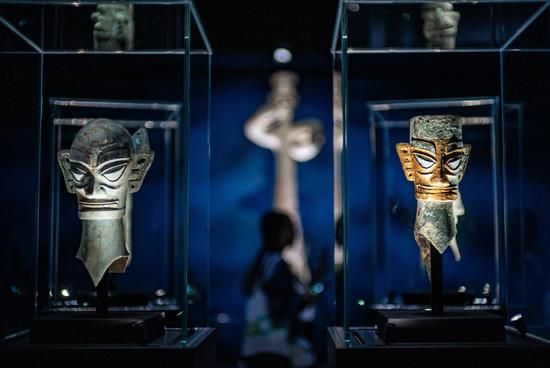
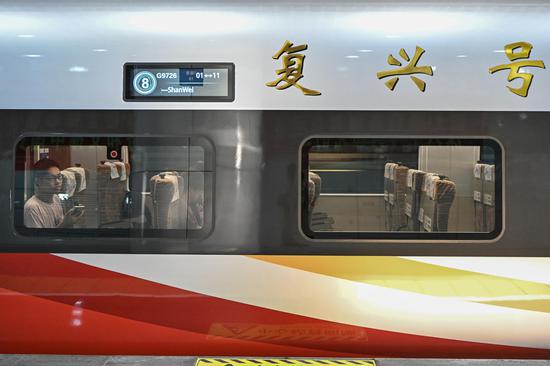



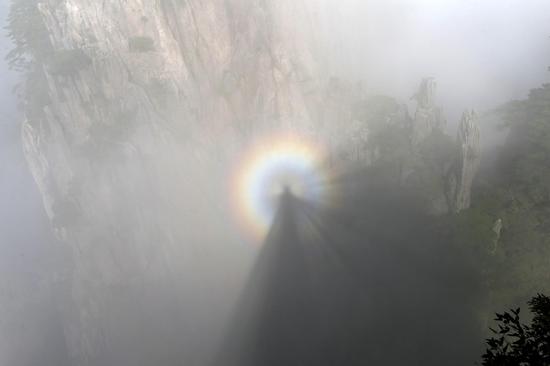
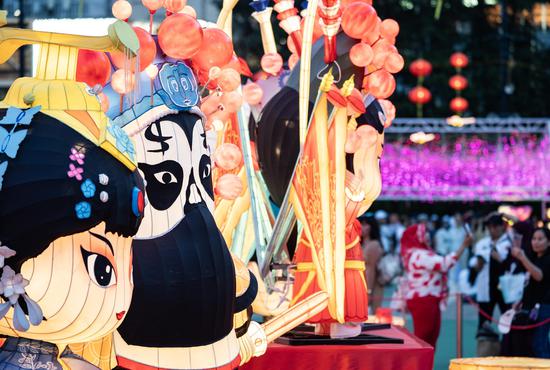

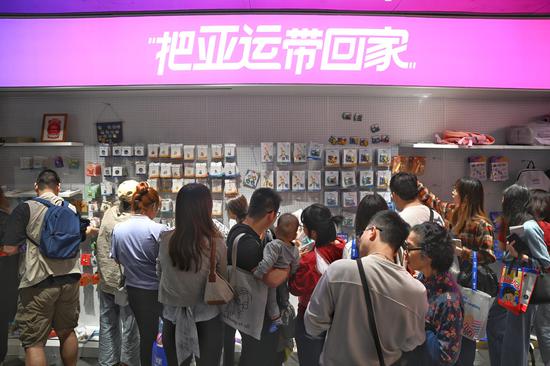
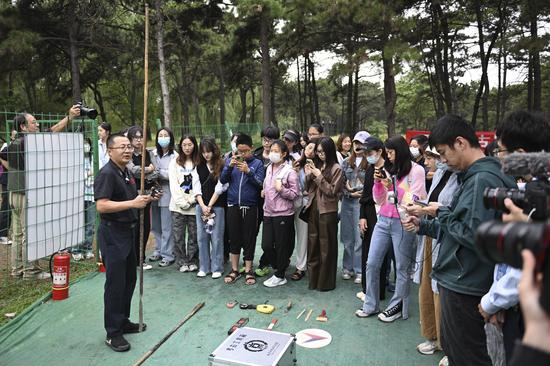
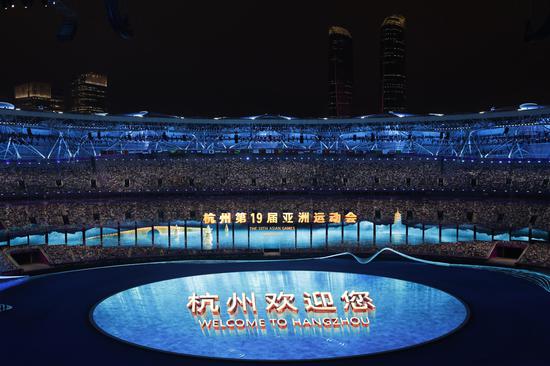
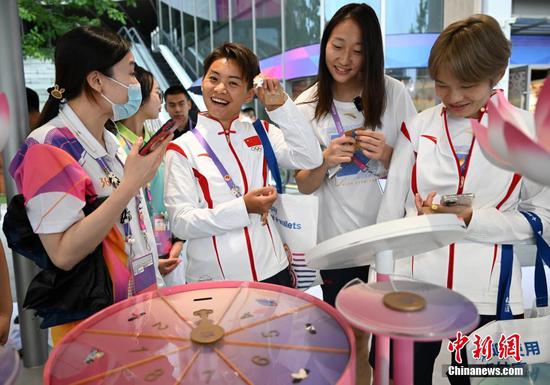
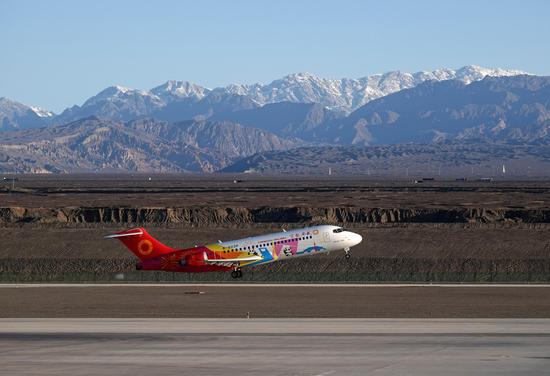

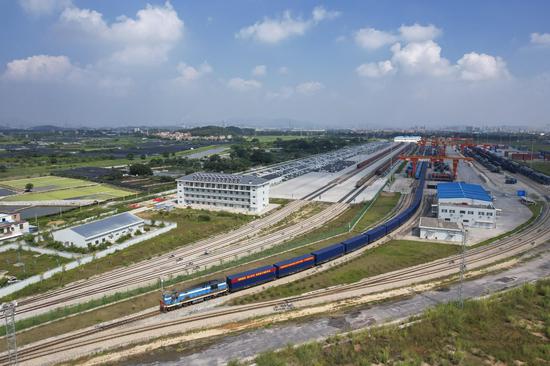
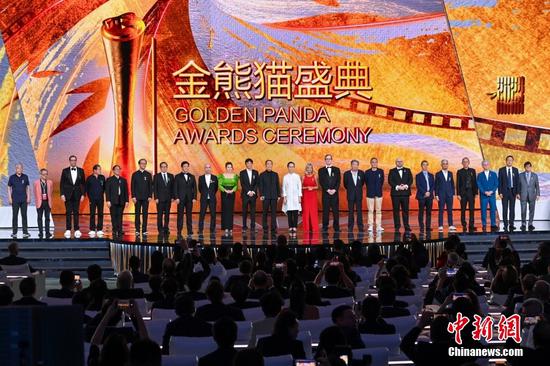
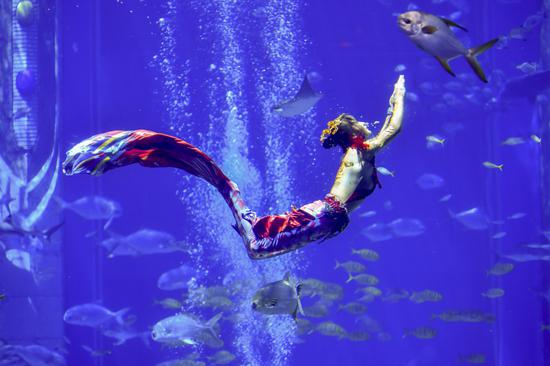

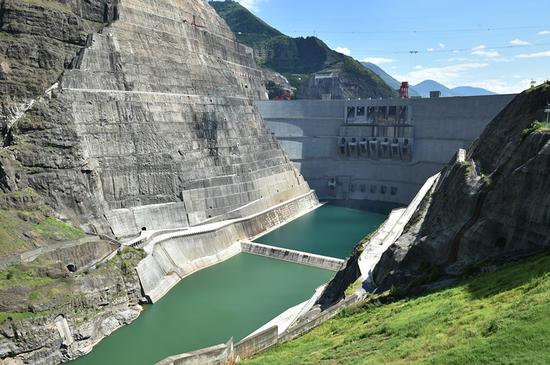
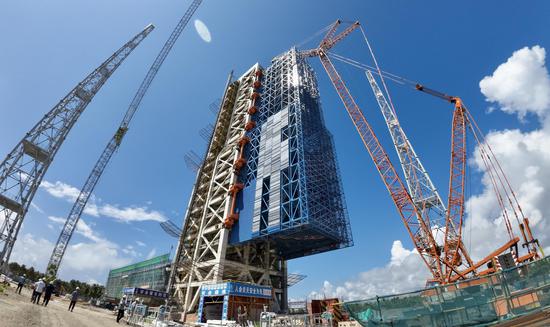
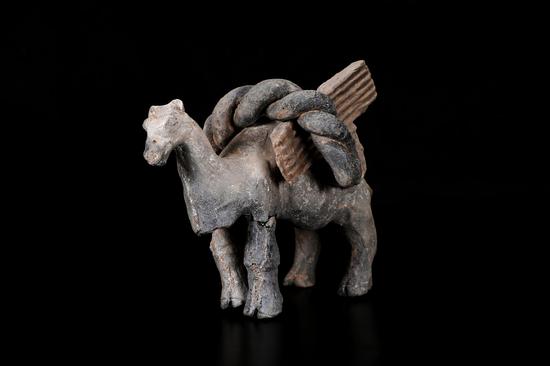







 京公網(wǎng)安備 11010202009201號
京公網(wǎng)安備 11010202009201號